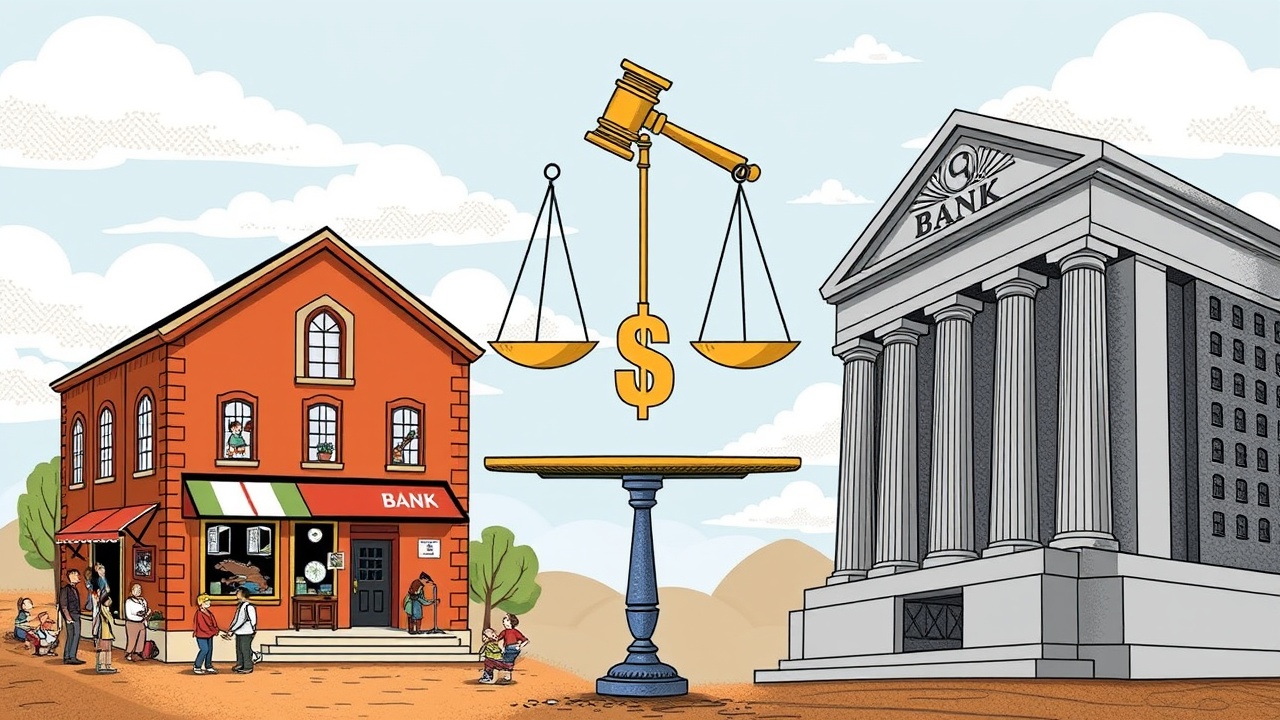Concerns Over the GENIUS Act
Keith Kelley, an Alabama Republican state senator from the 12th district, has raised serious concerns regarding the GENIUS Act, a federal legislation enacted just two months ago under President Donald Trump. In an opinion piece published on Wednesday in 1819 News, Kelley highlighted a potential vulnerability within the bill that he believes could have dire repercussions for rural economies across Alabama and similar regions.
Potential Risks to Community Banks
Kelley pointed out that the GENIUS Act, which is intended to regulate stablecoin activities, might inadvertently encourage risky behaviors among consumers. He cautioned that the legislation permits cryptocurrency platforms to offer financial incentives, which could prompt individuals to pull funds or close accounts with smaller community banks.
“Community banks are heavily reliant on local deposits for their lending operations,”
Kelley remarked, stressing the potential harm to their accessibility to crucial loans for individuals and businesses alike. He specifically noted the dangers this poses to rural agricultural communities, where financial margins are often tight and depend on reliable lending sources.
Implementation and Regulatory Framework
Although the GENIUS Act was officially signed into law on July 18, it will not be implemented right away. Current regulatory frameworks from the US Treasury and Federal Reserve are still in the process of being established, with public input sessions initiated in August to address concerns about illicit financial activities.
Debate Among Experts
Proponents of the GENIUS Act have argued that it will foster innovation in the United States by providing clear guidelines for stablecoin regulations. Conversely, concerns linger among financial experts about certain loopholes in the legislation, especially regarding foreign issuers. Timothy Massad, a fellow at Harvard’s Kennedy School of Government and a former chair of the CFTC, noted that the act still left gaps that could disadvantage US-based stablecoin companies compared to their foreign counterparts.
The Department of Treasury’s current regulatory interpretation allows foreign stablecoin issuers to operate in the US without clearly defined standards for how their regulation equates to US practices, raising more questions than answers.
Criticism of Specific Provisions
Kelley specifically criticized a clause in the bill stating that neither domestic nor foreign stablecoin issuers could offer interest or yield solely for holding stablecoins. This provision, however, does not adequately restrict these issuers from partnering with cryptocurrency exchanges to provide alternative yield options, which could effectively evade the regulatory environment.
“This allows cryptocurrency platforms to operate outside the banking regulations that protect American savings and livelihoods,”
Kelley stated.
Predicted Economic Impact
Moreover, the Bank Policy Institute has echoed these concerns, predicting that GENIUS could lead to an enormous $6.6 trillion in deposit outflows from traditional banking institutions, which would severely disrupt the credit lifelines critical for local economies.
Conclusion
Despite the length of time since the bill’s drafting discussions began among congressional Republicans, Kelley’s recent expression of concern seems to underline ongoing uncertainties and the need for vigilant oversight. Attempts to secure feedback from Senator Kelley regarding his op-ed have yet to receive a reply.




